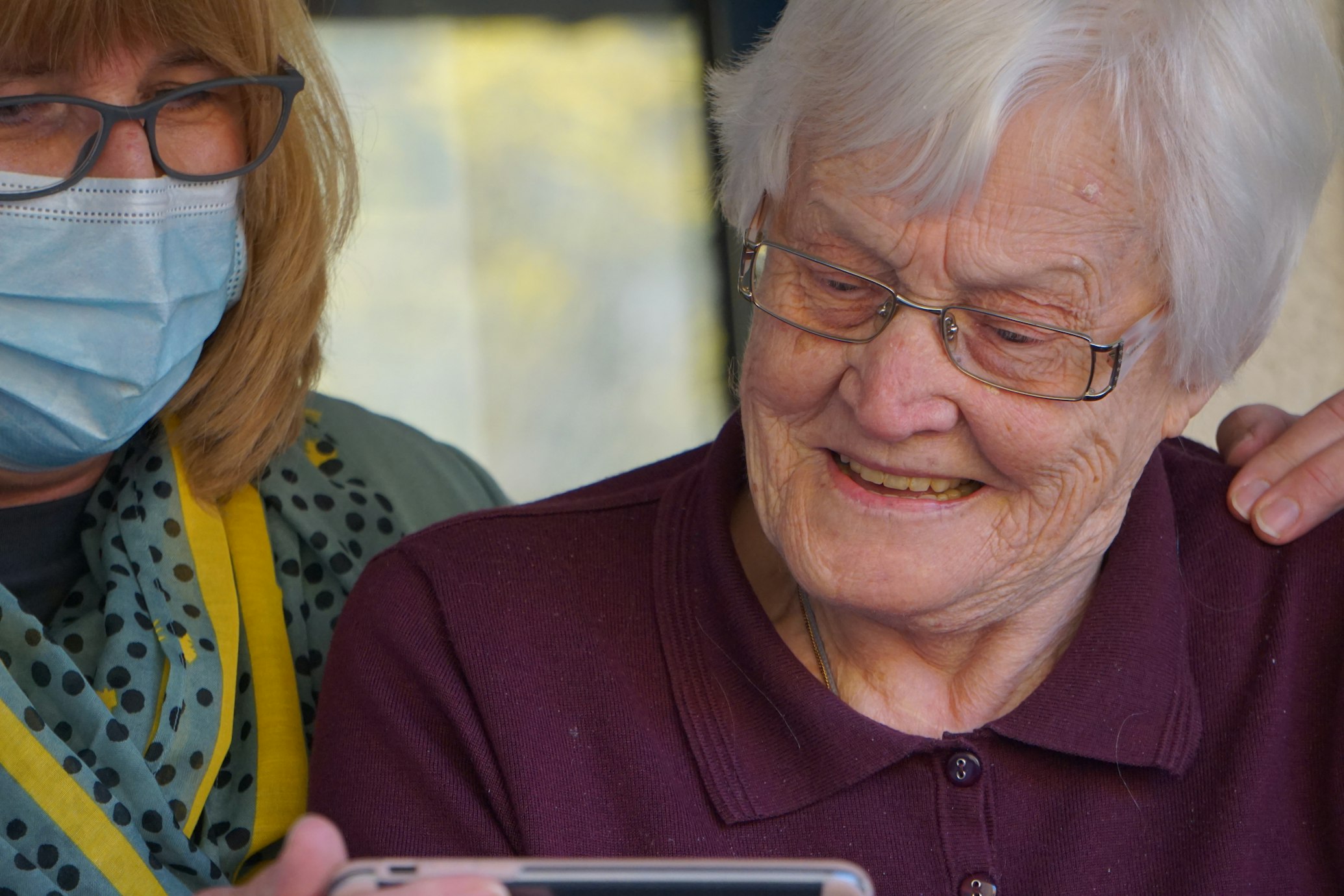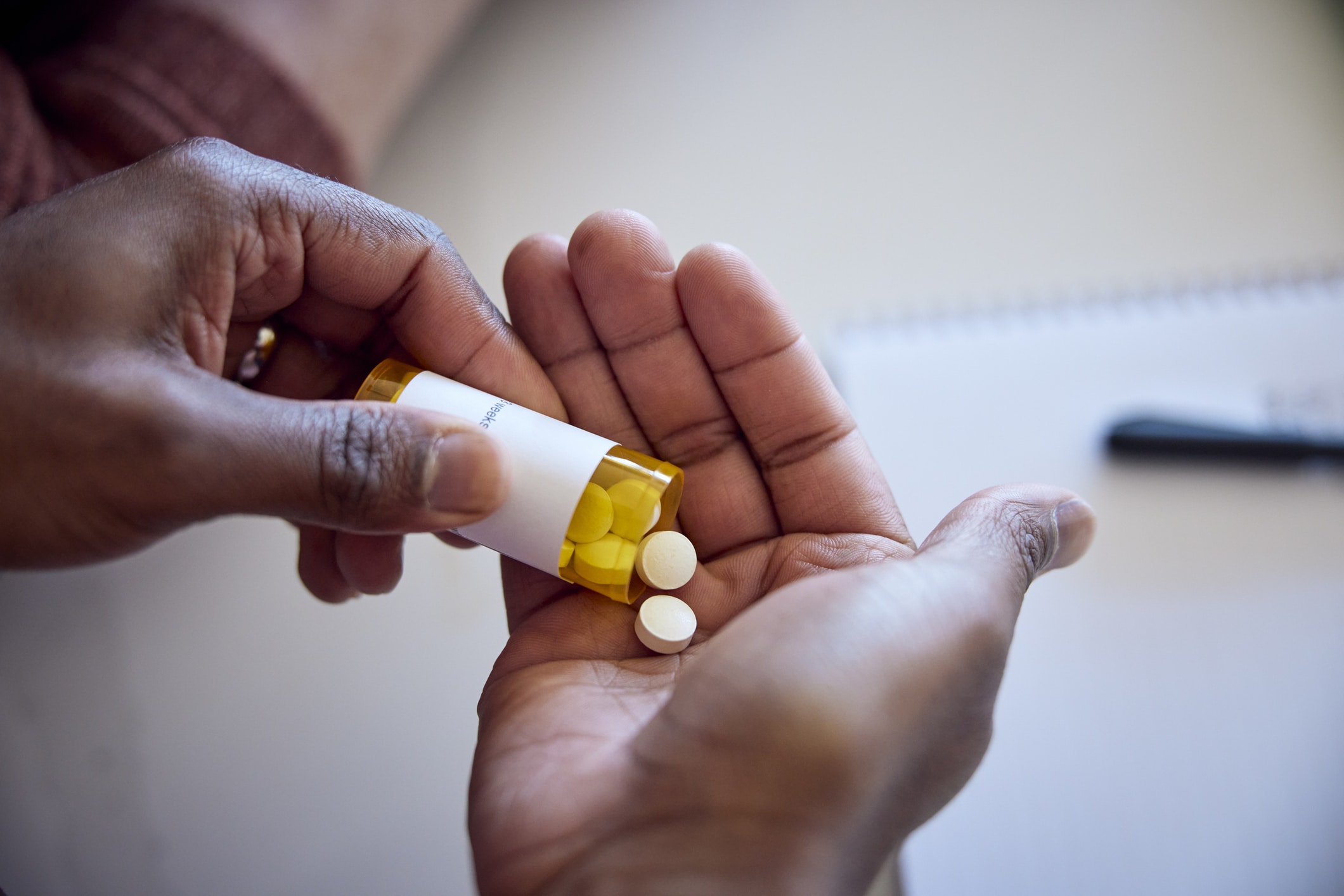Top 6 Tips to Support a Loved One Who Has Been a Victim of Camp Lejeune Contamination

If you have a loved one suffering from the effects of Camp Lejeune contamination, you know how difficult it can be to ensure they are getting the proper healthcare and support. However, there are many things that you can do to help your loved ones get through this challenging time in their lives.
Here are some tips on supporting a loved one who may be suffering from the effects of Camp Lejeune contamination:
Table of Contents
Build a Support Team
Building a support team is one of the first steps in supporting your loved one. It can include family and friends, but also have an attorney or financial advisor if necessary. The support team’s point is to help keep your loved one’s life as normal as possible during their Camp Lejeune lawsuit.
The Camp Lejeune Water Contamination Lawsuit is a class action lawsuit filed against the United States government and several contractors who allegedly caused the toxic water contamination at Camp Lejeune. The lawsuit alleges that the contaminated water at Camp Lejeune caused many veterans to develop cancer and other diseases and their children to be born with congenital disabilities.
The second step in supporting your loved one is ensuring they have all the information they need to make informed decisions about their case. It includes finding out what compensation may be available for victims of Camp Lejeune contamination. Such as medical coverage and lost wages from time off work due to illness related directly or indirectly to exposure at Camp Lejeune.
Listen and Offer Help
According to Forbes, 18% of the respondents indicated that they had been told that they could be better listeners. Be patient when it comes to your loved one’s journey of healing. You cannot fix their trauma, but you can be there for them.
If they need to cry or vent about the situation, let them do so in a safe space with a good listener, that’s you. It may be difficult for you to understand why someone would want to talk about something painful or traumatic, but as long as they open up to you and share what they’re feeling, that’s what matters most.
It’s important not to overdo it by offering too much help at once rather than rushing into action and trying to solve your loved one’s problems immediately. Try starting small by simply listening whenever necessary and being an available resource when needed.
Embrace Your Roles as Caregiver and Family Member
According to A Place for Mom, 17% of the US adult population provides care to adults over 50. As a caregiver for your loved one who is a victim of Camp Lejeune water contamination, it’s essential to understand the roles of both yourself and your family members. As a caregiver, you are not your loved one’s doctor or therapist, but you can help empower them by supporting their healing process.
Creating boundaries with your family will help everyone feel more comfortable and allow time for self-care while supporting each other through this difficult time. Remember, you are doing what you can to help.
Adjust Your Expectations and Be Realistic About the Future
You must be patient and understanding when it comes to your loved one’s recovery. As you have seen, many factors play a role in this process, so it is difficult to predict how long it will take them to recover from their injuries fully. A good rule of thumb is to expect ups and downs as they begin their journey toward healing.
In general, expect that there will be days when your loved one feels better than others and vice versa. It does not mean that they are doing poorly or failing at recovery – each person’s journey is different and has a timeline. Be sure to avoid pushing them into doing things before they feel ready.
Accept the Grieving Process
According to The Recovery Village, around 2.5 million individuals pass away in the US annually, leaving at least 5 grieving people behind on average. You can help your loved one by accepting their grief.
Remember, grief is a normal response to loss and a personal process that each person experiences differently. It’s essential to allow yourself and your loved one to feel their grief. It will be helpful to talk about how you’re feeling over time, but don’t rush them into talking about their emotions if they’re not ready yet.
Grief can be expressed in many ways: crying, anger, withdrawal from others and activities they used to enjoy, and changes in eating patterns or sleep habits. These are just some symptoms someone may experience after experiencing trauma, like what your loved one went through at Camp Lejeune.
Be patient with them as they work through these feelings. Remember, it might take time for them to return to their routine life again.
Find Ways to Take Care of Yourself, Too
You might be tempted to neglect your health to care for your loved one, but it’s important to remember that you can’t help anyone if you don’t care for yourself. It’s also a good idea to get out and do things with friends or family members who aren’t affected by the contamination. It will help ensure everyone gets the support they need during this difficult time.
To keep your mind off things, try watching TV shows or movies that make you laugh, listening to music, going outside for walks or bike rides, reading books and magazines, or anything else that helps you relax.
Conclusion
Remember, every situation is different, and there’s no right or wrong way to do it. The best thing you can do is listen, ask questions, and offer help. Remember that you will also need support as a caregiver and family member. If this information has been helpful, please share it with other loved ones who may be suffering from Camp Lejeune contamination-related illnesses.

 Finding the Best Teen Mental Health Facility in Phoenix
Finding the Best Teen Mental Health Facility in Phoenix  Unleashing Your Ultimate Performance: How Dr. Sue’s Sport Hypnotherapy Transforms the Game
Unleashing Your Ultimate Performance: How Dr. Sue’s Sport Hypnotherapy Transforms the Game  Get Help for Your Teen: Understanding the Importance of Teen Mental Health Therapy
Get Help for Your Teen: Understanding the Importance of Teen Mental Health Therapy  Semaglutide Pills for Diabetic Patients and its role in Weight Management
Semaglutide Pills for Diabetic Patients and its role in Weight Management  How and When Must Drug Companies Participate in the 340B Program?
How and When Must Drug Companies Participate in the 340B Program?  What You Need to Know About Bacterial Infections: Causes, Symptoms & Treatment
What You Need to Know About Bacterial Infections: Causes, Symptoms & Treatment  Tea Leoni Tim Daly Split – Are They Really Breaking Up? Full Story
Tea Leoni Tim Daly Split – Are They Really Breaking Up? Full Story  Tim Daly and Tea Leoni – Who Are They? Full Bio & Career
Tim Daly and Tea Leoni – Who Are They? Full Bio & Career  Breaking: Software TGD170.FDM.97 New Release Out Now!
Breaking: Software TGD170.FDM.97 New Release Out Now!  TGD170.FDM.97 New Release – What’s Inside the Latest Update?
TGD170.FDM.97 New Release – What’s Inside the Latest Update?